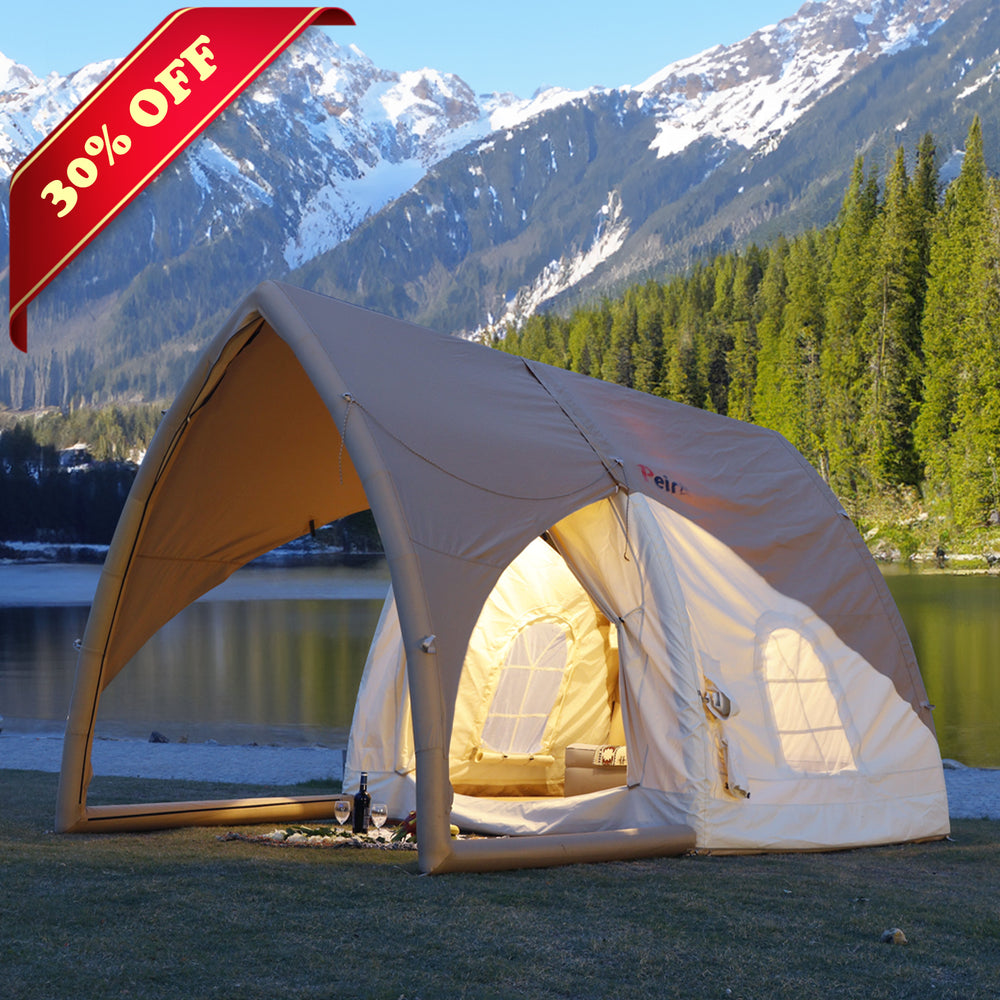Inflatable tents are becoming increasingly popular among camping enthusiasts and outdoor adventurers. Their ease of setup and lightweight design make them an attractive alternative to traditional pole tents. However, a common question among potential buyers is whether inflatable tents are prone to deflation during use. This article explores the factors that influence an inflatable tent’s performance, addresses common concerns, and shares personal insights to help you make an informed decision.
How Do Inflatable Tents Work?
Inflatable tents use air beams instead of traditional poles to provide structural support. These air beams are made of durable, high-quality materials such as TPU (Thermoplastic Polyurethane), which are designed to withstand significant pressure and environmental stress. The air is pumped into the beams using a manual or electric pump, creating a rigid framework that supports the tent’s fabric.
Unlike traditional tents that rely on rigid poles, inflatable tents are flexible yet sturdy. This design makes them less likely to break or bend under external forces like strong winds or accidental impacts.
Do Inflatable Tents Deflate During Use?
While inflatable tents are generally reliable, there are a few scenarios in which they might deflate. Let’s examine the most common causes:
Punctures or Tears
Although air beams are made from robust materials, sharp objects such as rocks, branches, or even tools can puncture them. Most inflatable tents come with repair kits to address this issue, allowing campers to patch up leaks quickly.
Improper Inflation
Under-inflating the air beams can result in a weak structure that might collapse under pressure. On the other hand, over-inflating the beams could cause them to burst. Manufacturers typically specify the recommended PSI (pounds per square inch) for inflation, and following these guidelines can prevent problems.
Temperature Changes
Air expands and contracts with temperature fluctuations. For instance, if you inflate your tent in the heat of the day, cooler nighttime temperatures might cause slight deflation. Regularly checking the pressure and adjusting as needed can mitigate this issue.
Valve Issues
A malfunctioning valve can cause slow air leakage. Always inspect the valves before and after setting up your tent to ensure they are secure and functioning properly.
My Personal Experience with Inflatable Tents
As someone who enjoys weekend camping trips, I was initially skeptical about inflatable tents. I worried about their durability and whether they could hold up in challenging conditions. However, after purchasing and using an inflatable tent on multiple trips, I can confidently say they are as reliable as traditional pole tents when used correctly.
During a trip to a windy coastal campsite, my inflatable tent performed admirably. While other campers were struggling to secure their pole tents, my setup remained steady thanks to its aerodynamic design and sturdy air beams. That said, I did encounter a small puncture once, caused by a stray thorn. Luckily, the repair kit provided an easy fix, and I was back to enjoying my trip within minutes.
Advantages of Inflatable Tents
- Quick Setup: Inflatable tents can be pitched in minutes, making them ideal for solo campers or families with kids.
- Durability: High-quality air beams are less likely to snap compared to traditional poles.
- Portability: These tents are often lightweight and compact, perfect for hiking or road trips.
Tips to Prevent Deflation
Choose a Suitable Campsite
Avoid areas with sharp rocks or debris that could puncture the air beams.
Use a Groundsheet
Placing a groundsheet under your tent provides an extra layer of protection against punctures.
Regular Maintenance
Inspect your tent for damage before and after each trip. Clean the valves and check for signs of wear on the air beams.
Follow Manufacturer Guidelines
Always inflate the tent to the recommended PSI and use the repair kit provided in case of emergencies.
Conclusion
Inflatable tents are a reliable and convenient option for outdoor enthusiasts. While they can deflate under certain conditions, proper care and maintenance significantly reduce the likelihood of this happening. From my experience, the advantages of inflatable tents far outweigh their potential drawbacks, making them a worthy investment for both novice and seasoned campers.
If you’re considering an inflatable tent, don’t let concerns about deflation deter you. With the right precautions, these tents can provide a hassle-free camping experience that combines comfort and practicality.






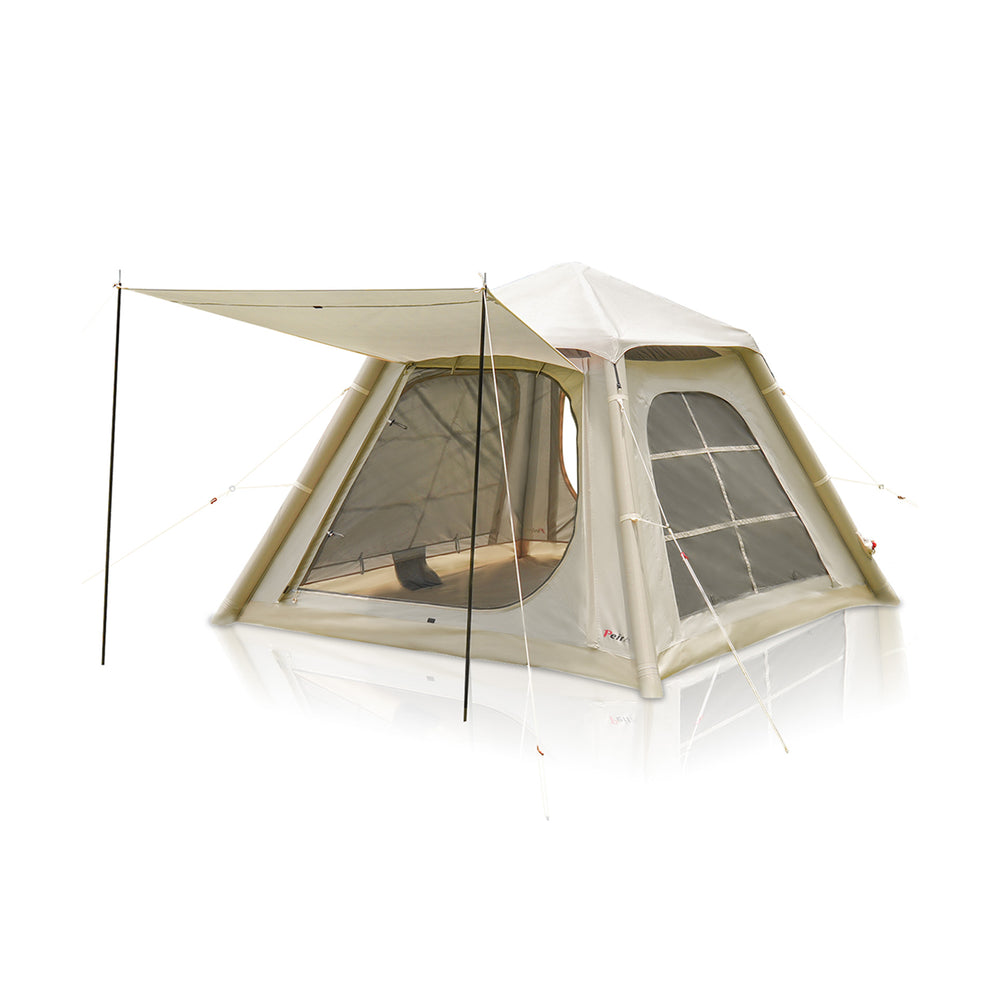
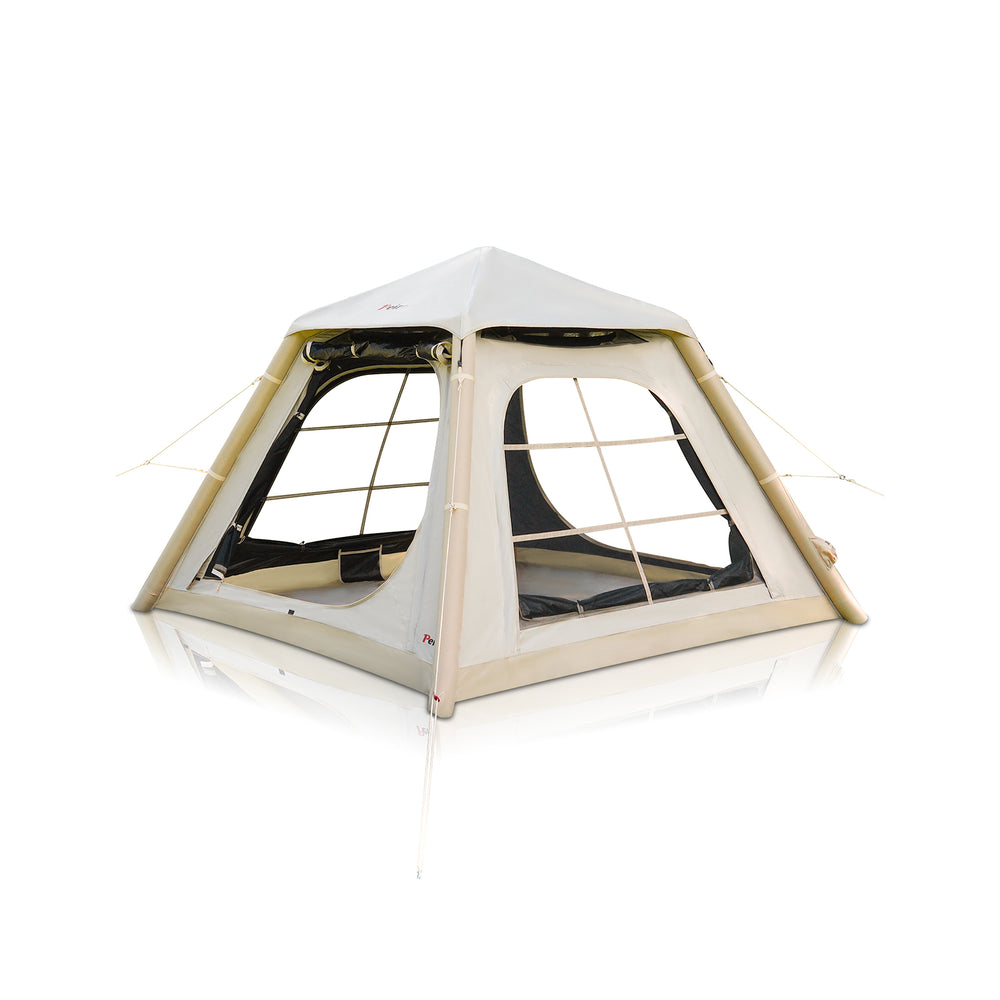
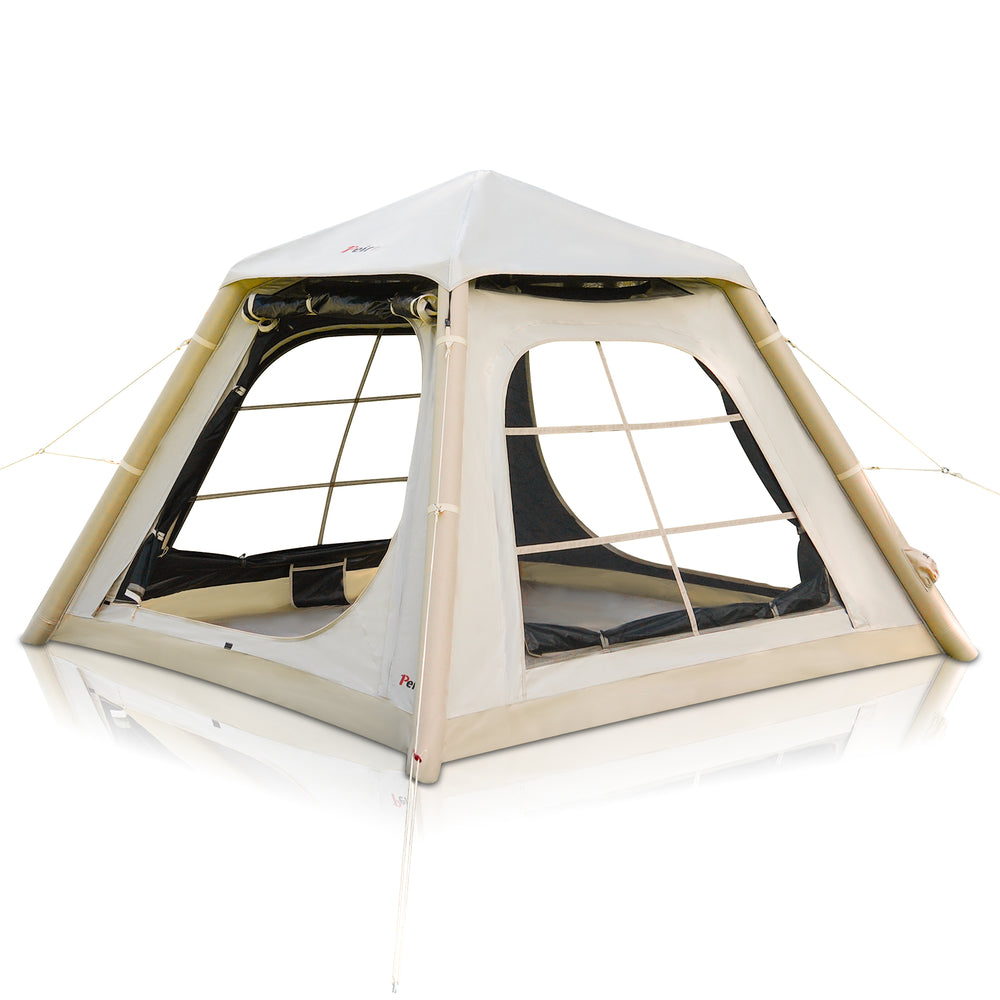
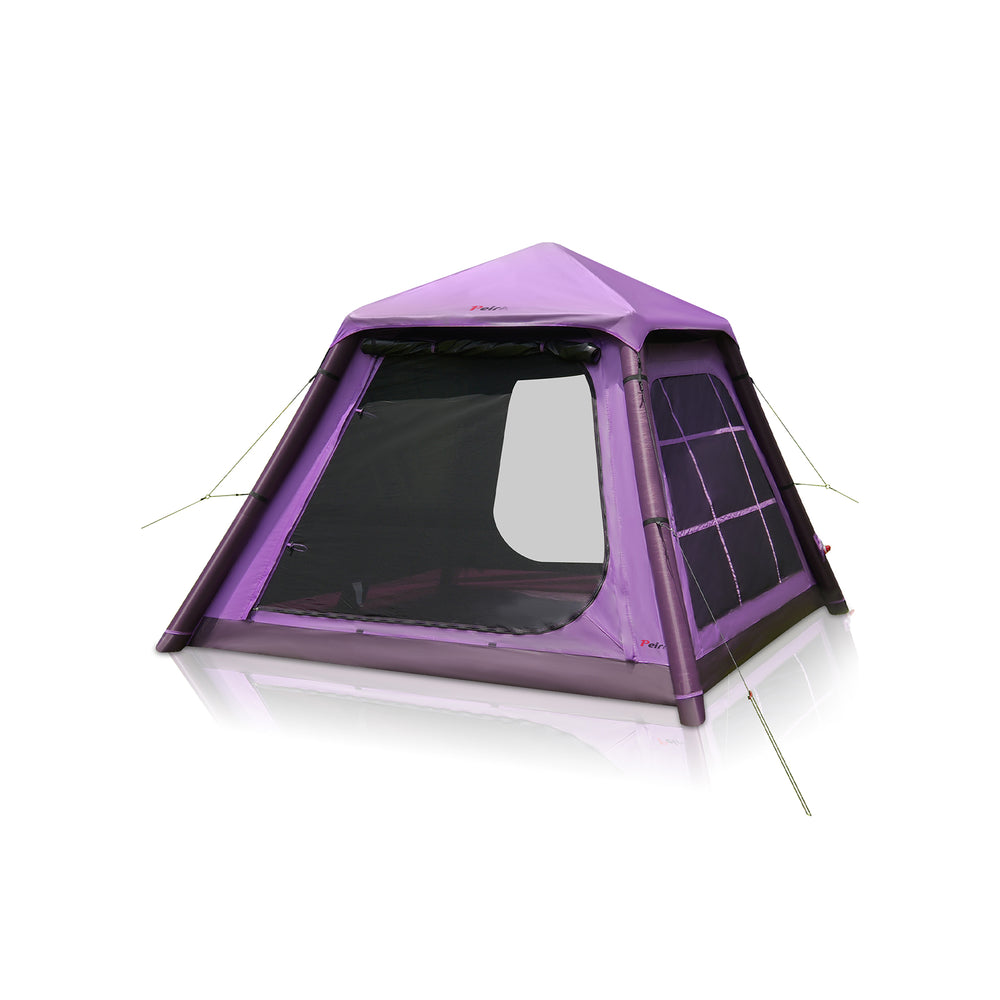


 Peirhw Inflatable House Tent - Starry Night Love
Peirhw Inflatable House Tent - Starry Night Love
 Peirhw Glamping Tents - Friendship Castle
Peirhw Glamping Tents - Friendship Castle
 Peirhw Inflatable Canopy Tent - Adventurer
Peirhw Inflatable Canopy Tent - Adventurer


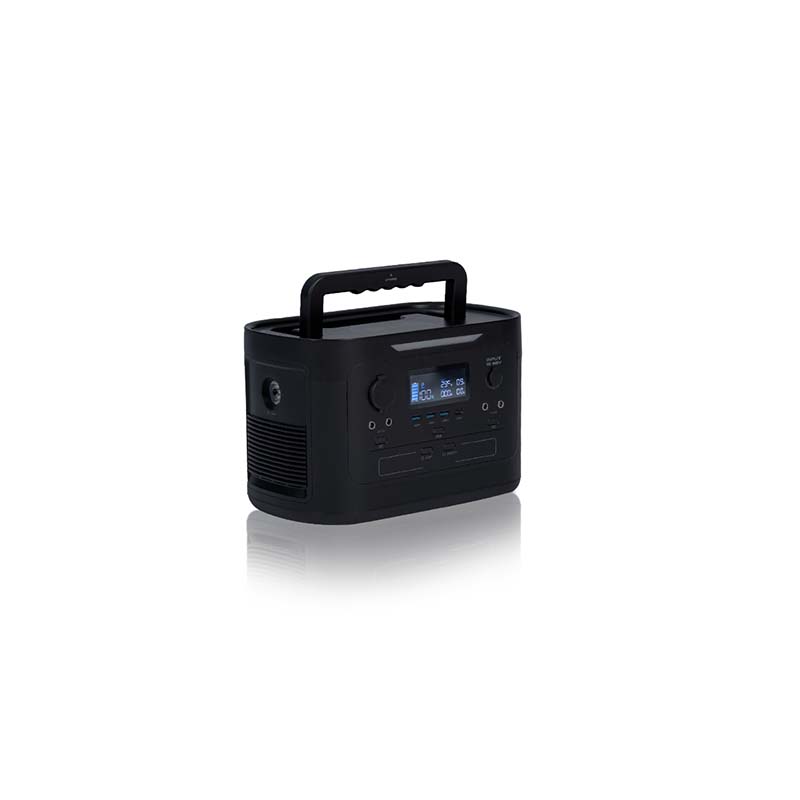
 Peirhw Portable Air Conditioner
Peirhw Portable Air Conditioner
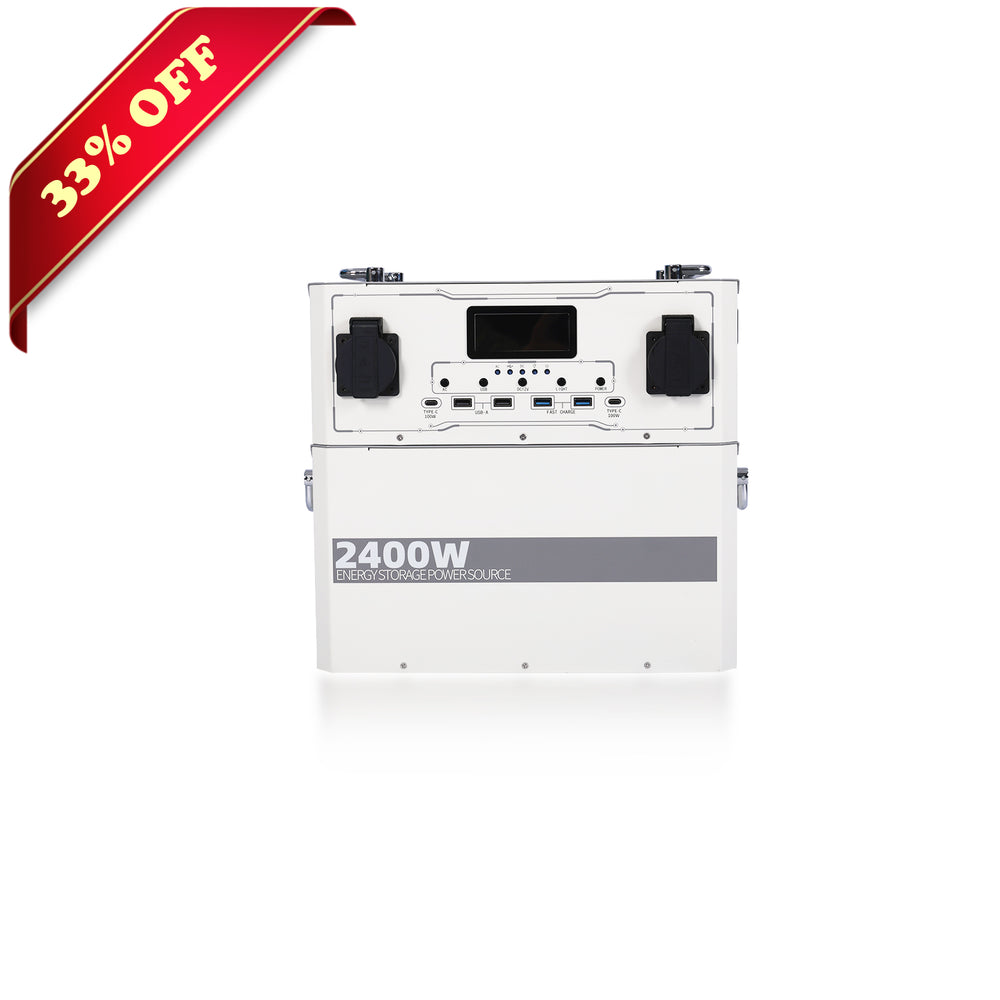 【Advance Sale】Peirhw Portable Power Station 2400W
【Advance Sale】Peirhw Portable Power Station 2400W
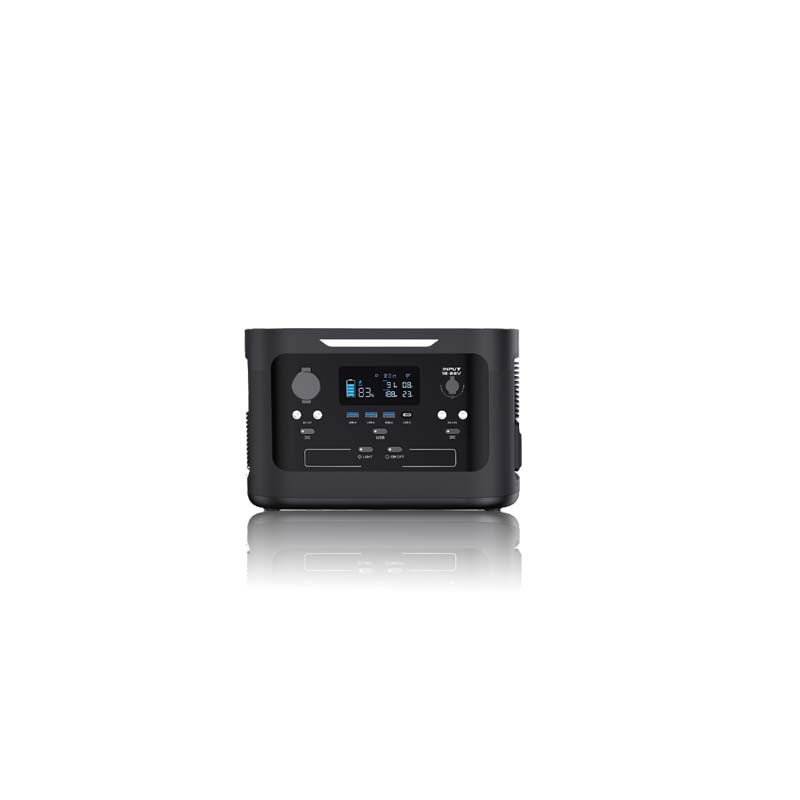 【Advance Sale】Peirhw Portable Power Station 600W
【Advance Sale】Peirhw Portable Power Station 600W

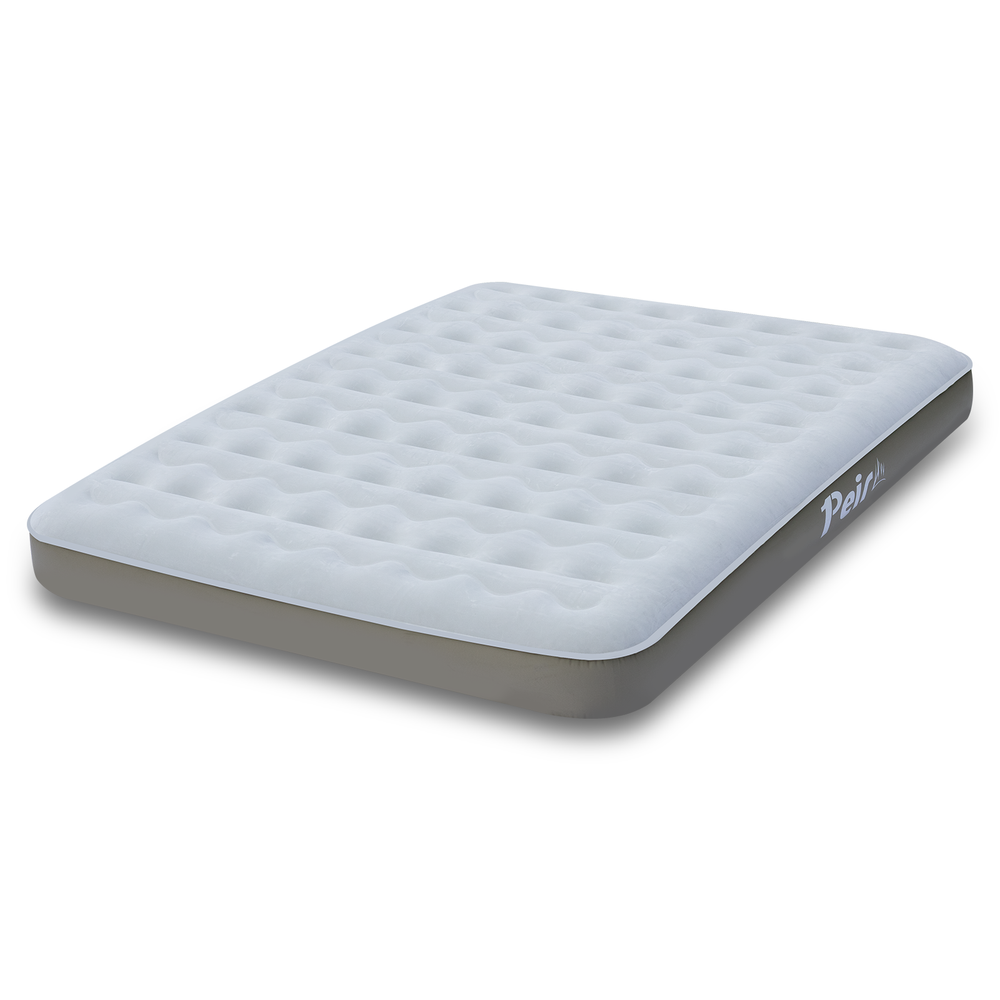



 Peirhw Self Inflating Sleeping Pad
Peirhw Self Inflating Sleeping Pad
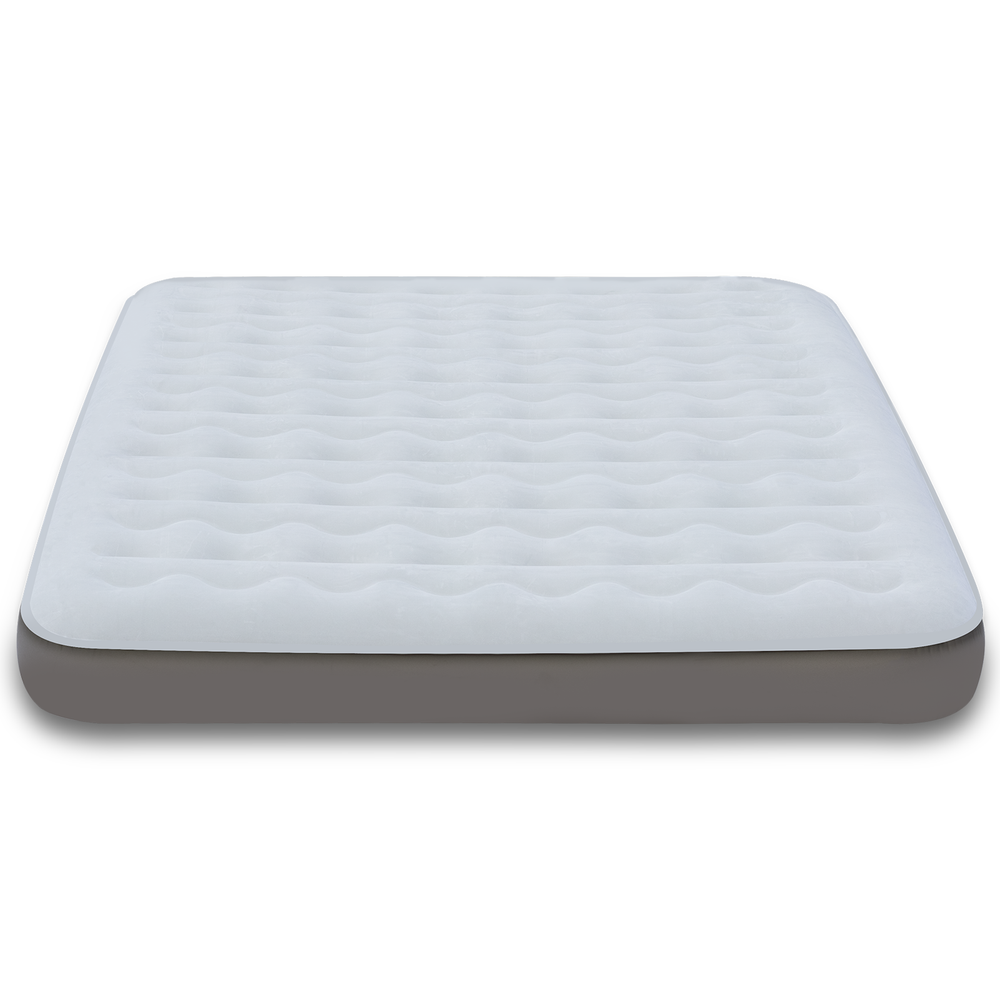 Peirhw Air Mattress (8" Queen Type)
Peirhw Air Mattress (8" Queen Type)
 Peirhw Camping Sleeping Bag
Peirhw Camping Sleeping Bag


 Peirhw Butterfly-shaped Canopy for Camping
Peirhw Butterfly-shaped Canopy for Camping
 Peirhw Camping Waterproof Canopy (Cannot be Purchased Separately)
Peirhw Camping Waterproof Canopy (Cannot be Purchased Separately)

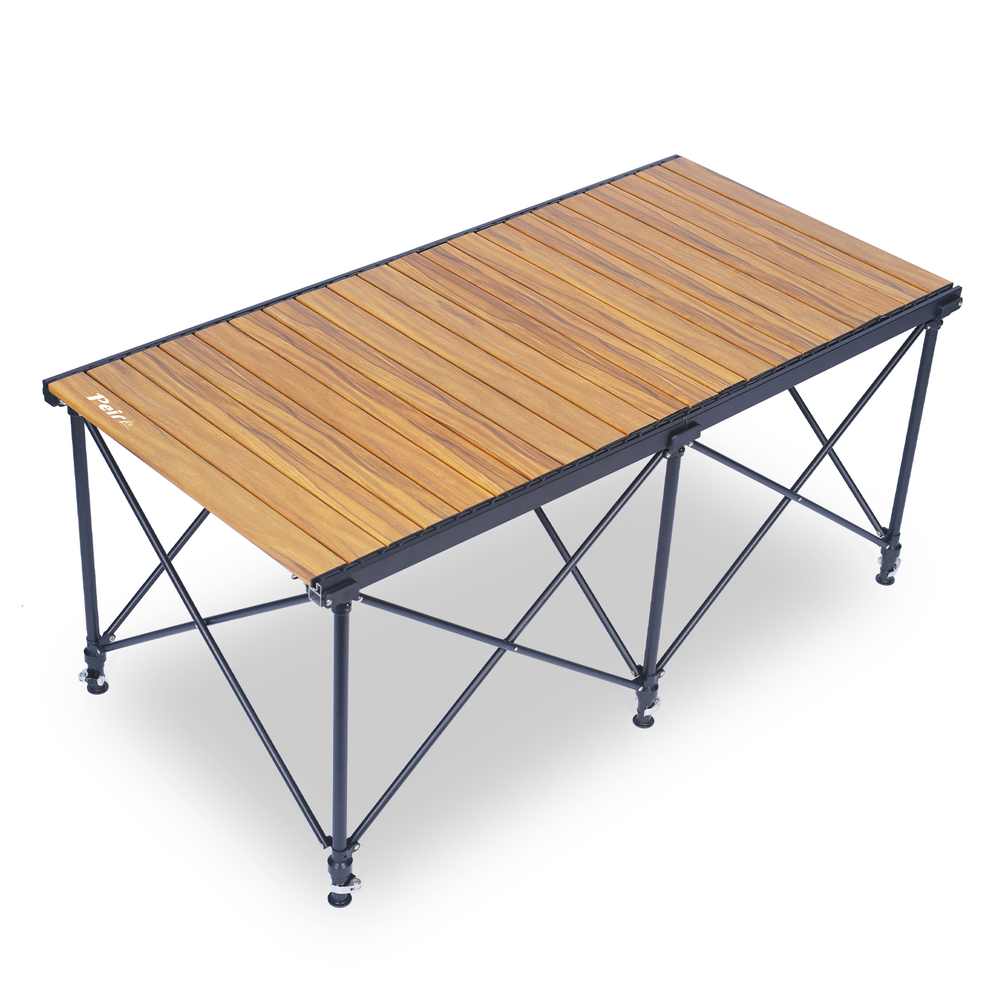
 Peirhw Outdoor Folding Chairs
Peirhw Outdoor Folding Chairs
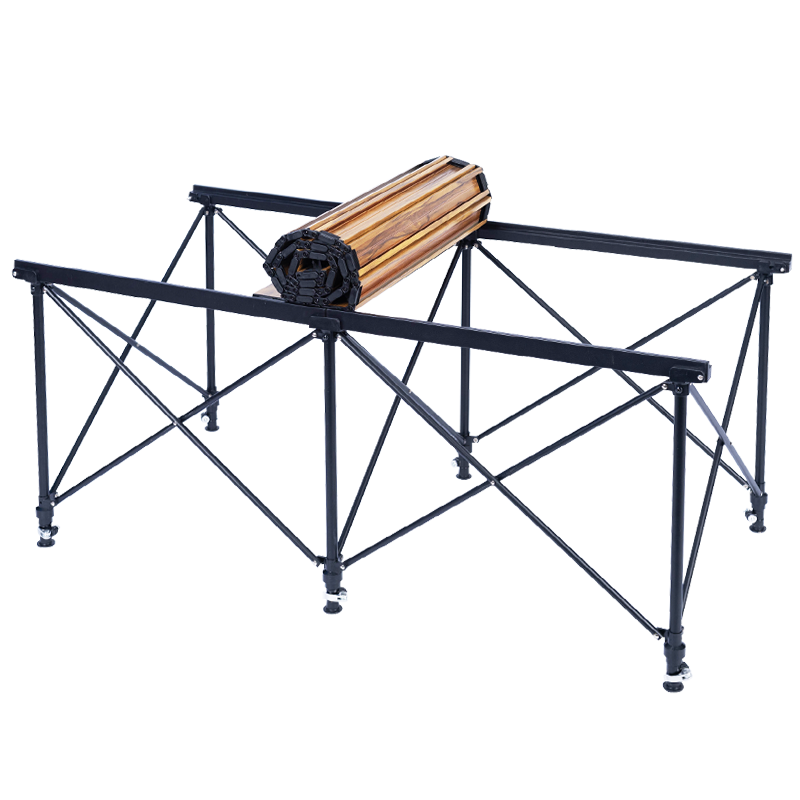 Peirhw Folding Camping Table
Peirhw Folding Camping Table





